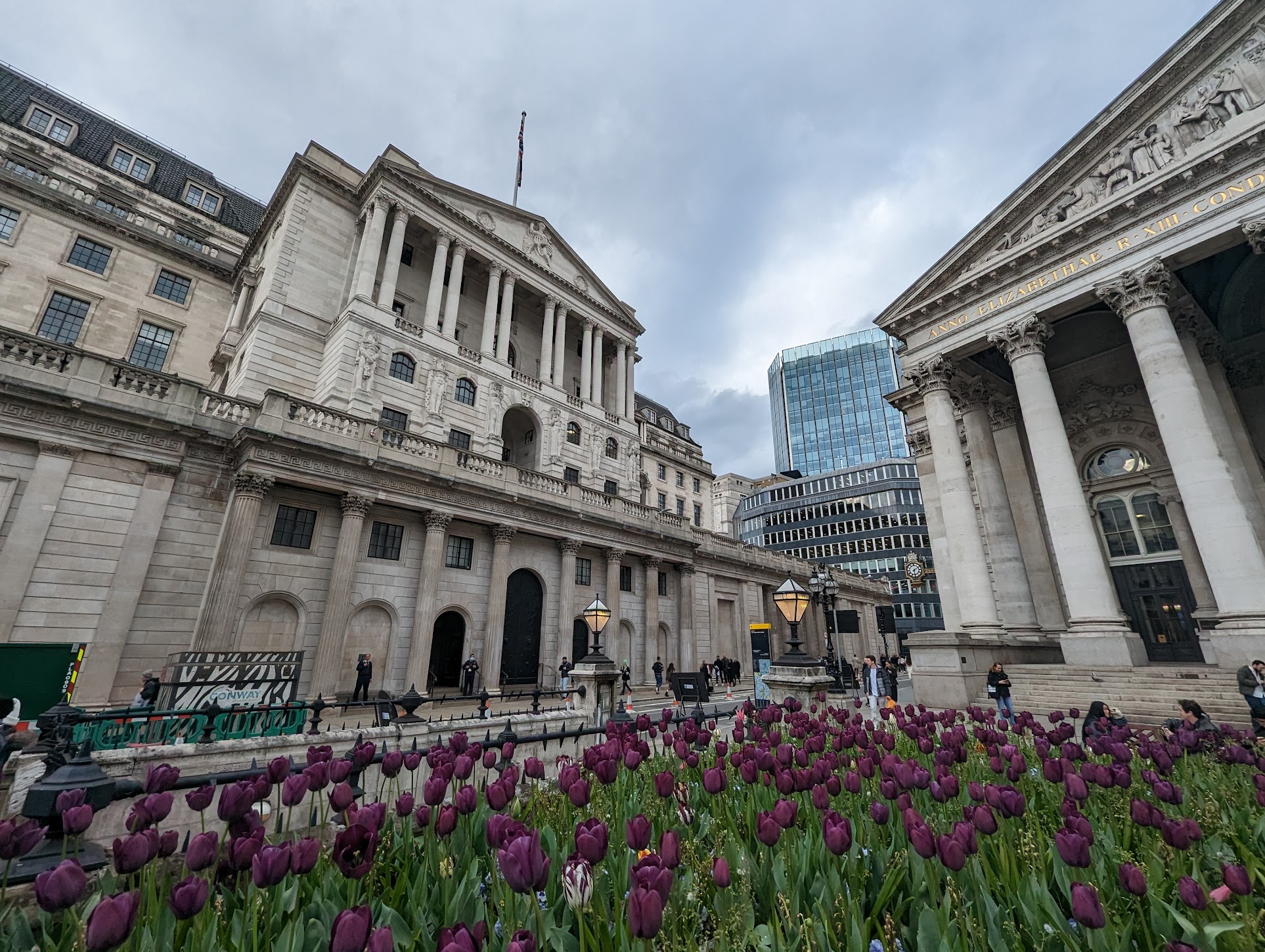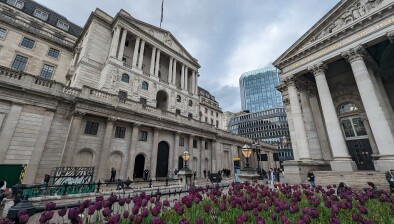Bank of England data reveals stark reversal in UK savings and borrowing trends

New data from the Bank of England shows significant shifts in the borrowing and deposit behaviours of UK households and businesses in May.
The key trends suggest a contraction in personal savings and an increase in borrowing activity.
In May, individuals repaid £0.1 billion in net mortgage debt, a drop from the record £1.5bn in net repayments seen in April, excluding the period since the onset of Covid-19.
Simultaneously, mortgage approvals for house purchases saw a rise from 49,000 in April to 50,500 in May, while the ‘effective’ interest rate on newly drawn mortgages increased by 10 basis points to 4.56%.
Meanwhile, net borrowing on consumer credit fell from £1.5bn in April to £1.1bn in May. During the same period, households, on net, withdrew a record £4.6bn from banks and building societies. This was mainly attributed to a substantial increase in net withdrawals of interest-bearing sight deposits, which rose from £5.4bn in April to £11.4bn in May.
Private non-financial companies (PNFCs) were seen repaying £1.6bn in net market finance. The net flow of sterling money, known as M4ex, decreased to -£4.6bn in May, in contrast to £6.8bn in April.
Kevin Brown, savings specialist at Scottish Friendly, expressed concern over the data, indicating that households were depleting their savings to cope with soaring living costs and rising interest rates.
He explained: “In an environment of rising interest rates, we should be seeing more money move toward savings but this simply isn’t happening. Net flows to ISAs are also plunging despite record high inflows in April too.
“With the banks failing to pass on rate hikes in full, people are being dissuaded from saving when higher costs press harder. This is just further perpetuating the problem of inflation.
“With the Bank of England now laser focused on beating inflation we need to see the dial really move on these figures going forward. June’s mortgage market chaos isn’t reflected yet, but savings levels need to increase too if the economy is to beat its inflationary woes.”







